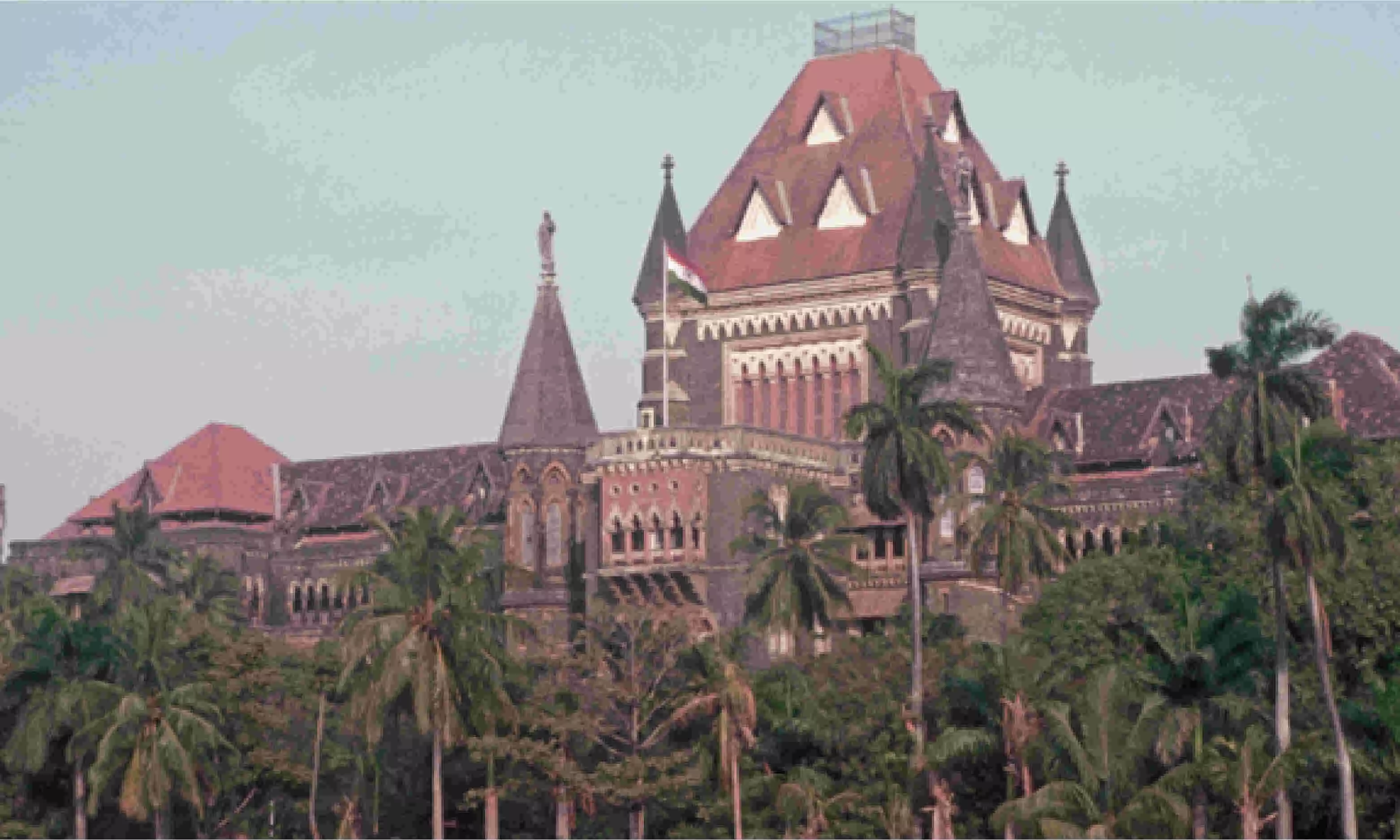
'Injuries Appear To Be Inflicted With A Force To End Deceased's Life': Bombay HC Rejects Murder Accused's Bail Plea
 |
|The Bombay High Court dismissed a bail application rejecting the contention that the case could be categorized under Section 304 II of the IPC and concluded that a prima facie case of intentional homicide had been established against the applicant.
The Court held that the injuries inflicted by the applicant with a knife, resulting in the death of the deceased, appeared to be intentional and not a result of grave and sudden provocation.
A bail application under Section 439 of the Code of Criminal Procedure was filed seeking bail in connection with offense punishable under Section 302 of the Indian Penal Code (IPC).
A Bench of Justice Urmila Joshi-Phalke held, “the injuries at this stage appear to be inflicted with a force to end the life of the deceased. It appears that it was certainly an act with an intention and, therefore, the contention of learned counsel Shri Shashank Manohar for the applicant, that the case covers under Section 304 II of the Indian Penal Code, is not acceptable.”
Advocate Shashank Manohar appeared for the Applicant and Advocate Harshal Futane appeared for the State.
The applicant's counsel argued that the accusations were based on a report filed by the wife of the deceased, who is also the sister-in-law of the applicant. The report alleged that the deceased, who was addicted to alcohol, had a quarrel with his wife, leading to an altercation with the applicant. The applicant's counsel claimed that the incident occurred due to grave and sudden provocation.
The defense cited the doctrine of grave and sudden provocation, arguing that the applicant's actions were a result of the deceased's behavior and that the case may fall under culpable homicide not amounting to murder.
The Court reviewed the facts, postmortem report, and circumstances surrounding the incident. It emphasized the nature and number of injuries inflicted on the deceased. The Court observed, “it is not a case of a single blow given by the applicant as he lost his self control due to provocation.”
The Court referred to legal precedents, including the case of Budhi Singh vs. State of Himachal Pradesh, and discussed the distinction between culpable homicide and murder under Sections 299 and 300 of the IPC.
The Court cited the recent case of Ajmal vs. State of Kerala, emphasizing the importance of determining the accused's intention in cases of murder or culpable homicide.
The Court explained, “A fine distinction has to be kept in mind between sudden and grave provocation resulting in sudden and temporary loss of self-control and the one which inspires an actual intention to kill. Such act should have been done during the continuation of the state of mind and the time for such person to kill and reasons to regain and dominion over the mind.”
The Court concluded that the injuries inflicted by the applicant with a knife, resulting in the death of the deceased, appear to be intentional and not a result of grave and sudden provocation. The Court added, “The injuries are inflicted with such a force due to which the internal injuries like clean cut ribs fracture at tharocic wall, two puncture stab wounds, and 7 puncture stab wounds were found and right and left lung and heart were found penetrated due to the stab wound 1 cm on heart at right atrium.”
Based on the prima facie case against the applicant, the Court rejected the bail application.
The Court denied the bail application, stating that a prima facie case of intentional homicide has been established against the applicant.
Cause Title: Santosh Balaji Nagrale v. State of Maharashtra, [2023:BHC-NAG:16931]
Click here to read/download Judgment